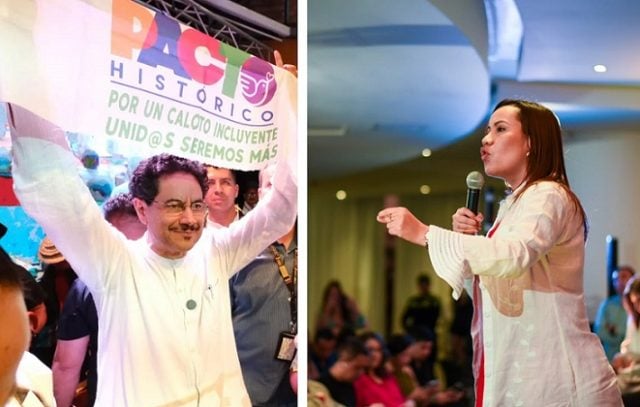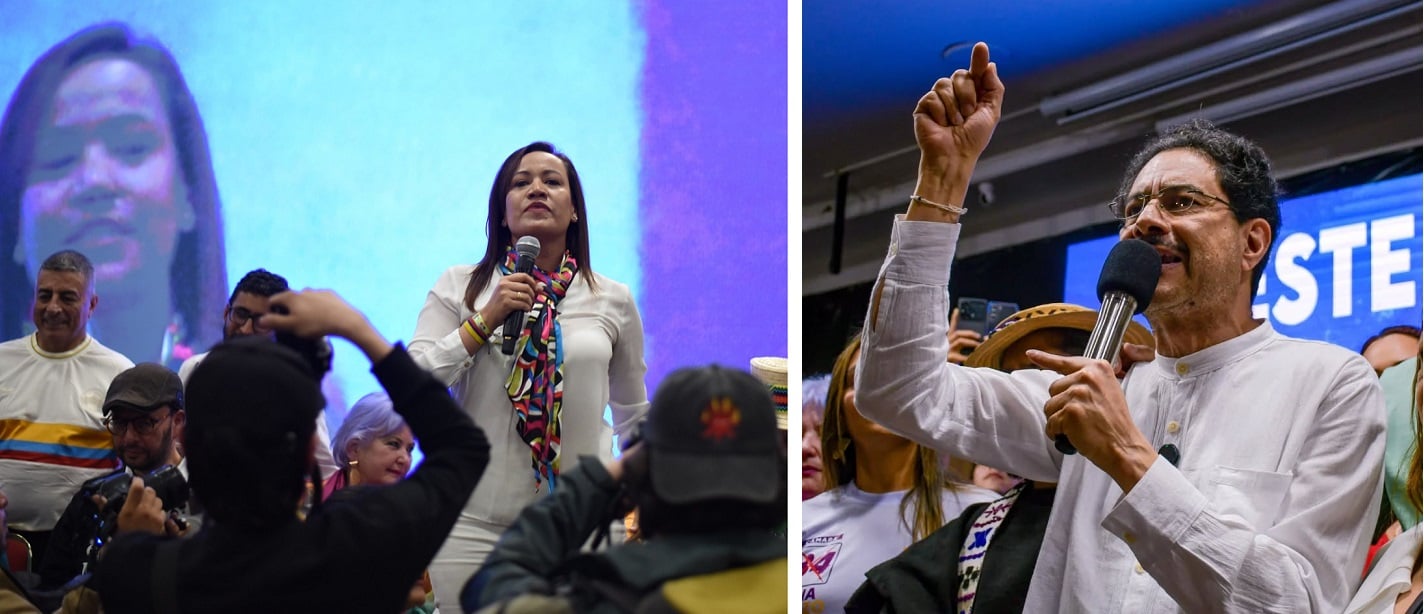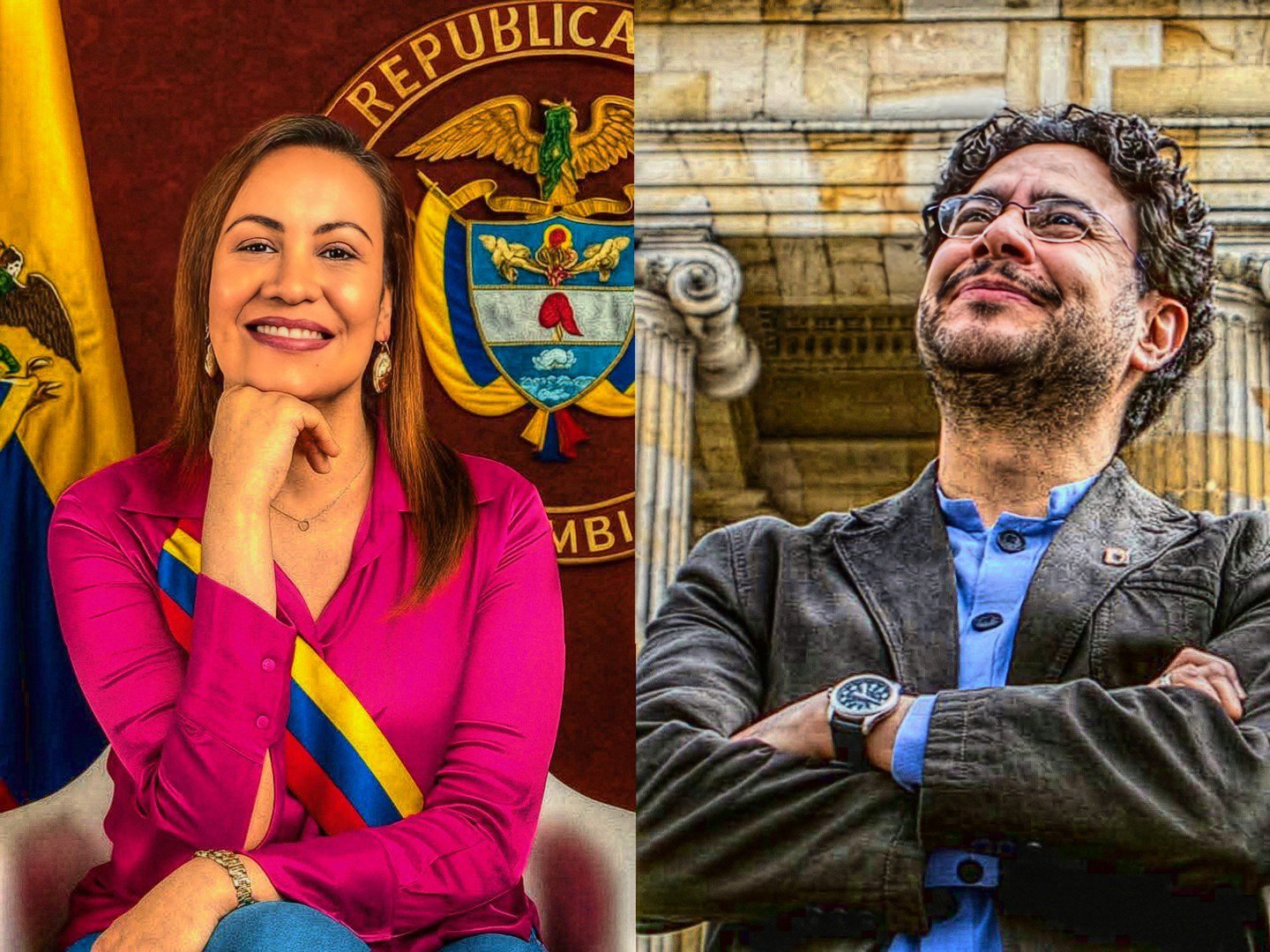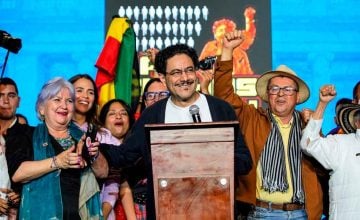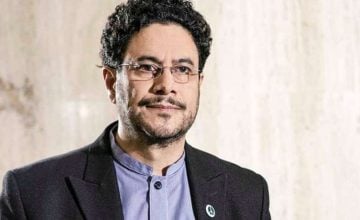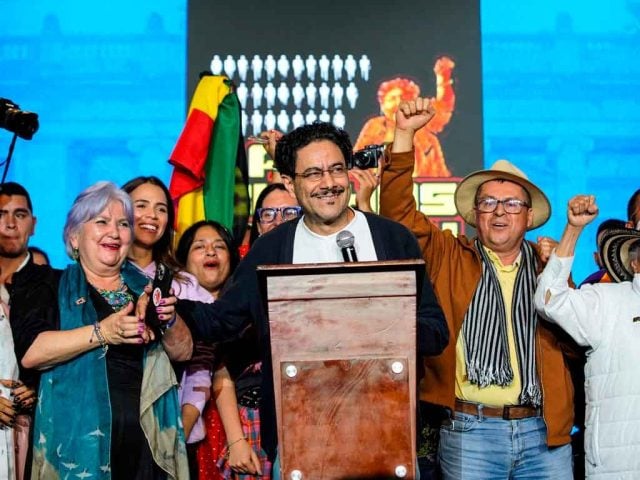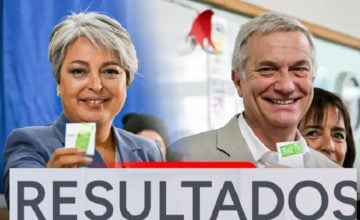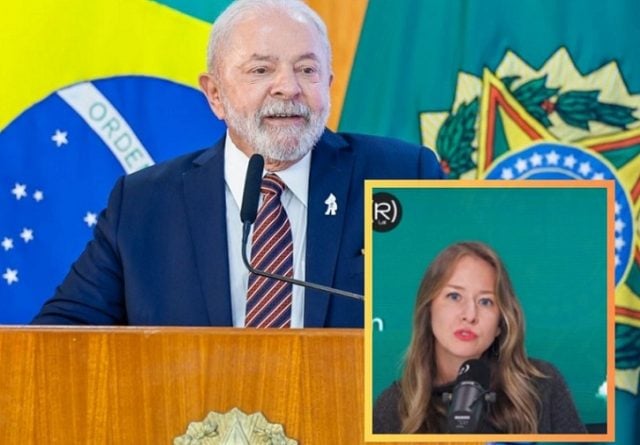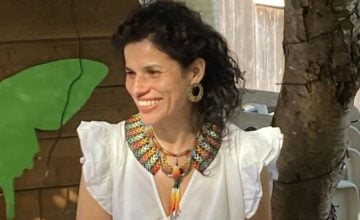Original article: Pacto Histórico define candidatura de cara a las presidenciales Colombia 2026: Consulta entre Corcho y Cepeda fortalece unidad
Historic Pact’s Essential Consultation for the 2026 Presidential Election
This Sunday, October 26, Colombia is conducting a groundbreaking consultation by the Historic Pact, a democratic mechanism to select its presidential and congressional nominees for the upcoming 2026 elections. Governed by Resolution 7958 from the National Electoral Council (CNE) and confirmed on October 8, this event marks the first time a progressive coalition engages in such a process, allowing for the selection of its presidential candidate and Senate nominations across various regions.
In the race for the presidential nomination, the ballot features the names of Carolina Corcho, Iván Cepeda, and Daniel Quintero. However, the competition has effectively narrowed down to two main contenders: Corcho and Cepeda. Former Medellín Mayor Daniel Quintero opted out, citing inadequate guarantees from the CNE, which he argues conceived the process as partisan rather than internal. This mischaracterization could hinder his potential participation in a consultation by the Broad Front in March 2026. His name remains on the ballot, as it was printed before his withdrawal.
The consultation is open to all citizens among the approximately 39 million eligible voters, eliminating the requirement of affiliation with the Historic Pact. To facilitate participation, the National Civil Registry made more than 20,000 polling stations available nationwide, allowing Colombians to vote at their usual locations, albeit in lower numbers than during general elections.
A critical aspect of this event is the voting participation from abroad. Although no physical polling stations were established outside Colombia, the Historic Pact created a virtual platform to collect votes from over a million Colombians living overseas. These votes will be included in the coalition’s internal decision-making, along with the official tallies from the National Civil Registry and the CNE.
Keshava Lìévano from MiniKongo commented on social media: “Carolina Corcho and Iván Cepeda do not walk as mere candidates; they walk with the people. They bear no crowns or thrones, only memory and dignity. Their words do not promise; they call to action; they do not bow to the powerful; they rise with the humble. Where others see calculations, they cultivate trust: the certainty that only the people can save the people… In their path, there are no empty speeches but living history. Together, they have fostered the hope of peace becoming a tangible goal of social justice, a momentum that burns brightly in the squares, fields, and neighborhoods where hope refuses to die.”
The Candidates’ Profiles
The two contenders in the consultation boast impressive backgrounds. Iván Cepeda, 63, has been a pivotal figure in peace processes. A founder of Movice and Defendamos la Paz, his political career includes periods as a Chamber Representative (2010-2014) and Senator (2014-2026). Academically, he holds a Master’s degree in International Humanitarian Law and is a trained philosopher.
On the other hand, Carolina Corcho, 42, has established herself as a prominent voice in the health sector. She served as Minister of Health from 2022 to 2023, was President of the National Association of Interns and Residents, and co-founded the Network of Progressive Women of Latin America. Her educational background includes a Master’s in Political Studies, as well as qualifications as a psychiatrist and physician, combining public management with academic research.
“Measured by Mobilization, Not Votes”
For an accurate interpretation of the results, political scientist Francisco Javier Cuadros offers an analysis with four essential insights. Firstly, he warns that “We are not measuring votes but mobilization.” He emphasizes that since this consultation occurs outside the traditional electoral calendar, “the number of votes will not necessarily reflect the political movement’s weight, it is misleading to believe so. The real value lies in who mobilizes and how.”
Secondly, Cuadros sets a quantitative benchmark: “1 to 3 million votes would still be a strong sign even in a low-engagement period. It would demonstrate political vigor.” His third insight highlights the importance of where votes are cast, not just how many. “The map will reveal electoral strength, organizational capacity, and mobilization.” Finally, he stresses that “the value is symbolic and organizational rather than arithmetic,” characterizing the process as “a consultation lacking any real incentives for voters, a poorly informed consultation hindered by obstacles the National Electoral Council imposed on the process.”
Overall, this consultation represents an exercise in mobilization and identity for the base of the Historic Pact. As Cuadros concludes, this Sunday will showcase “a reflection of identity from a citizen base aligned with a progressive left political project,” whose true meaning transcends mere vote counting and centers on the movement’s ability to convene and its territorial structure.
